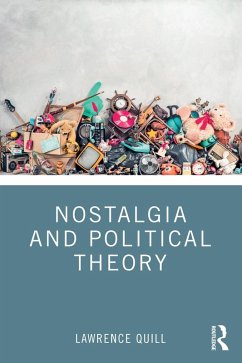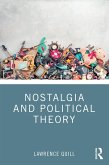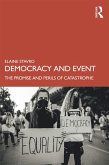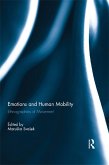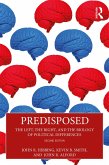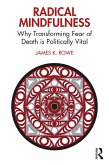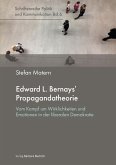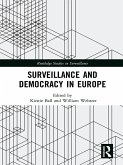Dieser Download kann aus rechtlichen Gründen nur mit Rechnungsadresse in A, B, BG, CY, CZ, D, DK, EW, E, FIN, F, GR, HR, H, IRL, I, LT, L, LR, M, NL, PL, P, R, S, SLO, SK ausgeliefert werden.
Michael Hviid Jacobsen, Professor of Sociology, Aalborg University, Denmark.
Traversing a gauntlet of historical, political, and technological ideas related to nostalgia in thoughtful, thorough, and eye-opening ways, Nostalgia and Political Theory is an important and fresh contribution to Nostalgia Studies. I learned so much about a topic I thought I already knew a good deal about. Lawrence Quill has a way of writing about nostalgia that makes putting this book down impossible. Highly recommended to scholars and nostalgia enthusiasts alike!
Ryan Lizardi, Associate Professor, Digital Media Design and Humanities at SUNY Polytechnic Institute
All human beings yearn to reconcile with their origins. Despite the best efforts of those who would deny that such an endeavor is possible, we continue to push against the constraints of memory in order to heal divisions within ourselves and our societies. This 'search for home' that is deeply rooted in the human psyche is the subject of Lawrence Quill's magisterial Nostalgia and Political Theory. A meticulously researched and eloquent book, it traces the history of nostalgia as a political concept from the dawn of civilization to the digital age. Brimming with erudition, it demonstrates the truth of Edmund Burke's conviction that 'People will not look forward to posterity who never look backward to their ancestors'. Indeed, there is no other book available that so comprehensively analyses this vital subject, and none that will so persuasively convince the reader of its necessity to any life worth living.
Mark Dooley, Irish philosopher, writer, and journalist
No matter what sort of interest brings you to the subject of nostalgia - whether you're critical, curious, or perhaps even a bit of a nostalgic yourself - Nostalgia and Political Theory, packed with provocative claims and ranging far and wide over the history of political thought, has something for you. From Hesiod's Works and Days to the Rucellai Gardens, from Livy's History to Thoreau's cabin on Walden Pond, and from nineteenth-century photography to the iPhone, Professor Quill engages with a range of thinkers alienated from the world around them and eager to find comfort - and often revolutionary insight - in a purported past.
Andrew Murphy, Professor of Political Science at the University of Michigan

